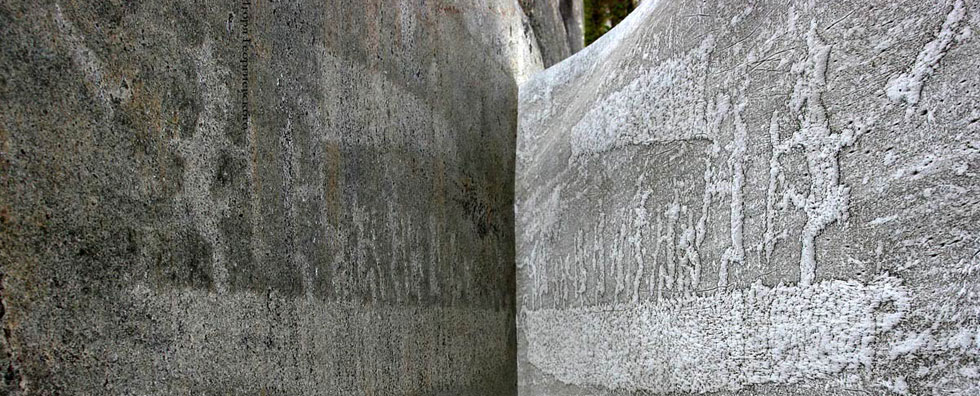
Issue №3, Vol. 20
Lukashevich V., Kuznetsov A. Analysis of forest legislation violations using the Republic of Karelia as an example // Resources and Technology. 2023. №3, Vol. 20. P. 94‒108.
DOI: 10.15393/j2.art.2023.7203
Analysis of forest legislation violations using the Republic of Karelia as an example
| Lukashevich Viktor Mikhailovich | Petrozavodsk State University, lvm-dov@mail.ru |
| Kuznetsov Aleksey Vladimirovich | Petrozavodsk State University, kuzalex@psu.karelia.ru |
|
Key words: forest legislation; violations; the Republic of Karelia; assessment |
Summary: The paper presents an analysis of forest legislation violations in the Republic of Karelia. The purpose and the objectives of the study were formulated based on the preliminary assessment. The purpose of the study was to assess forest legislation violations on the territory of the Republic of Karelia. Research tasks included the following: 1. Collection of information on forest legislation violations on the territory of Olonetskiy, Muezerskiy, Medvezhyegorskiy, Kondopozhskiy, Suoyarvskiy, Pudozhskiy central forest ranger stations; 2. Analysis of forest legislation violations in the studied areas; 3. Development of recommendations and forecasting possible forest legislation violations. The sample included forest districts from six central forest ranger stations of the Republic of Karelia. The time period for the analysis of forest legislation violations was 5 years (from 2017 to 2021). The analysis revealed that the main types of forest legislation violations were illegal logging, failing to forward logs by the deadline, incomplete felling and unsatisfactory cleaning of cutting areas from logging residues. In the study area some types of forest legislation violations followed a downward trend (failing to forward logs by the deadline and illegal logging). At the same time, a number of forest legislation violations after a decline in 2018-2019 tended to increase (leaving undercuts and unsatisfactory cleaning of cutting areas). The volume of timber that was not forwarded by the deadline decreased approximately by half over the period from 2017 to 2021. The volume of illegal logging fell 3.5 times. At the beginning of 2017, the volume of violations associated with the incomplete felling decreased by 4 times, however, it has increased by 2.5 times since 2019. No obvious regularities have been revealed by the analysis of the data on the violation connected with unsatisfactory cleaning of cutting areas. The authors note that penalties for incomplete felling should be removed from the legislation and from lease agreements, since leaving the growing forest does not do any harm or damage especially in the cutting areas left for natural reforestation. It is important that the solution of the main problems of control and detection of forest legislation violations will make it possible to radically improve the situation with the prevention of forest legislation violations and will positively affect the functioning of the forest ecosystem. |
Displays: 565; Downloads: 542;




